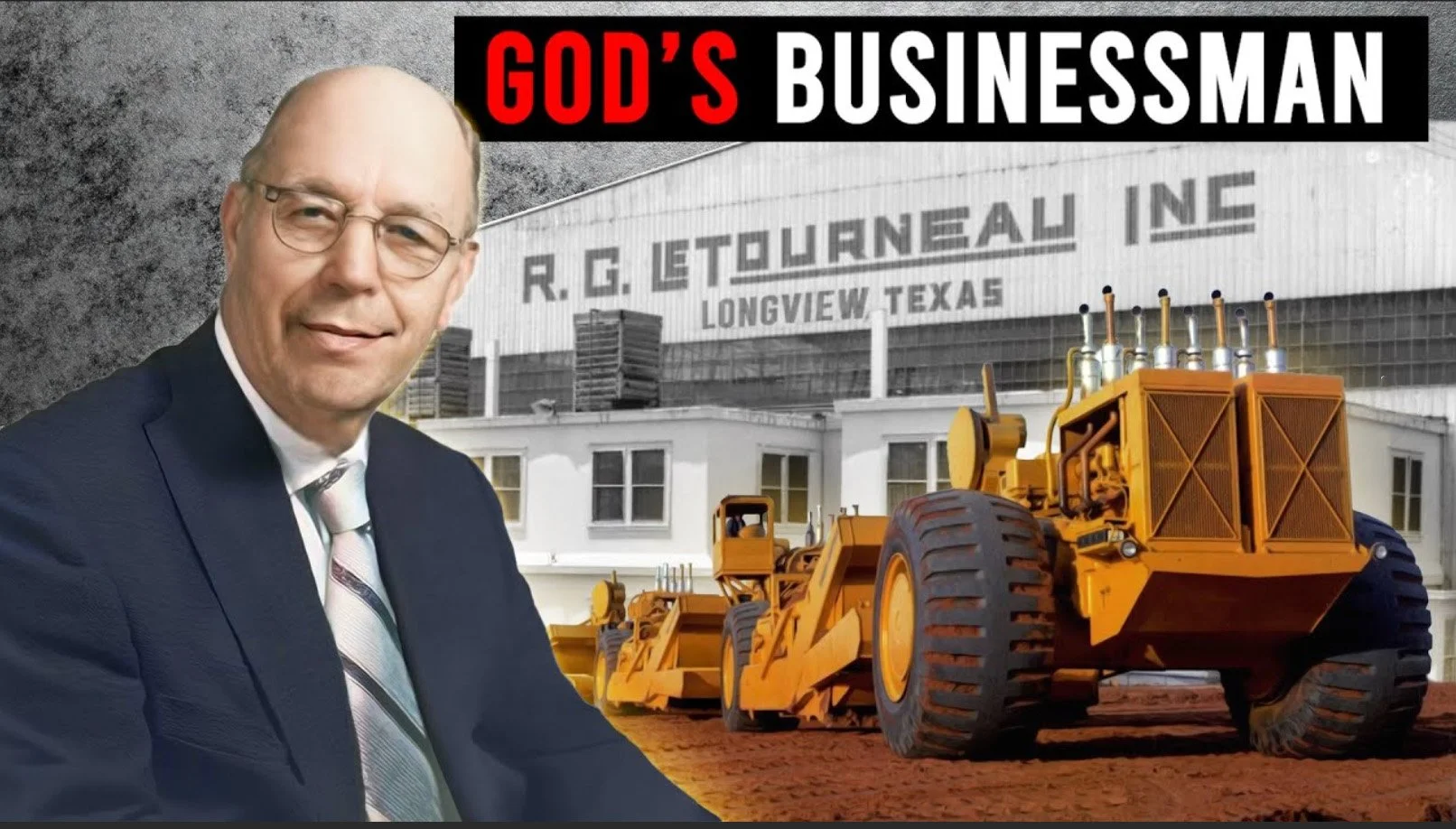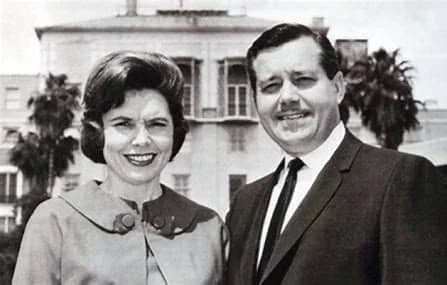The Gift of Contentment
Adapted from Financial Hope: Find Freedom in Your Finances Through God’s Word by Michael Blue
In 1959 John Steinbeck wrote,
“We can stand anything God and nature can throw at us save only plenty. If I wanted to destroy a nation, I would give it too much and would have it on its knees, miserable, greedy and sick.”
What an amazingly prophetic statement about American culture. Despite living in one of the wealthiest countries in the world, Americans can't seem to find enjoyment or contentment in their abundance of things. Why is this so?
The LeTourneaus
R.G. LeTourneau is credited with creating the modern mechanized earthmoving industry. His company built 70% of the earthmoving equipment used by the Allies in World War II. Needless to say, he was very rich. Despite his tremendous success, he remained grounded in the reason for his existence: to glorify God and spread the good news of Jesus Christ. He used nearly all his money in pursuit of this purpose.
Pioneering engineer, inventor, and philanthropist, R.G. LeTourneau
Whenever LeTourneau spoke, he would begin by saying,
“Friends, I’m just a sinner saved by grace. Just a mechanic that the Lord has blessed.”
He believed that his business was God’s and that the money he made was a tool for accomplishing God's purposes. Even when finances became tight, LeTourneau continued giving away most of what he made, saying,
“The question is not how much of my money I give to God, but rather how much of God’s money I keep for myself.”
LeTourneau solved the paradox highlighted by John Steinbeck. By using money to glorify God and proclaim His name, he discovered the antidote to his greed. Money became nothing more than a tool for him to use for God.
The Brights
At the beginning of their ministry, Bill and Vonette Bright, the founders of Cru (formerly known as Campus Crusade for Christ), wrote a contract committing all they had and everything they would make to God. This meant that they would have to rely on God for their needs and trust Him absolutely in everything that they did.
Bill & Vonette Bright, founders of Campus Crusade (Cru)
Despite never having significant wealth, the Bright’s lives were filled with adventure and influence. They lived in complete surrender and reliance on God, and God used them in ways that defy explanation.
In 1996, Bill’s commitment was tested when he was awarded $1,000,000 as part of the prestigious Templeton Prize. He immediately gave the money away. When he was later asked if it had been hard to give away that much money, he responded that it wasn’t, because he had given it away decades earlier in his contract with God. Knowing that contentment could only be found in God and that they would always be susceptible to the allure of wealth, the Brights ordered their lives to prioritize dependence on God over attaining wealth. As a result, their story is a testimony of God’s tremendous blessing and faithfulness.
Money is not evil, but it is dangerous. The Brights recognized this, ordered their lives to safeguard themselves, and never looked back. If we do not learn to be content with what we have right now, we will not be content when our resources grow.
Faith & Finance Perspective
Even after we hear stories like these, it is still tempting to believe that more money is the solution to something in our lives. Money certainly is useful and necessary. However, the danger comes when we begin believing that money is our savior and the solution to our struggles. This mindset moves us to a love of money—meaning that instead of God, money becomes our answer.
When we believe that more money will satisfy our deepest longings, we pursue it, believing that happiness and success will closely follow. Money and things become the goal, and anything that prevents us from acquiring them becomes a hurdle to overcome. This is what Steinbeck saw.
But God intended money to be a tool, not a goal. Only when we view money as a tool to accomplish God-given goals and purposes does money move to its proper place in our lives, freeing us from the lie that more money is the answer to our fears and frustrations.
A life that puts its hope in money will never find freedom from fear and disappointment, while a life that puts its hope in God will find freedom and enjoyment in using money in the passionate pursuit of God's glory and the accomplishment of His purposes.
I am not saying this because I am in need, for I have learned to be content whatever the circumstances. I know what it is to be in need, and I know what it is to have plenty. I have learned the secret of being content in any and every situation, whether well fed or hungry, whether living in plenty or in want.
- Philippians 4:11-12


